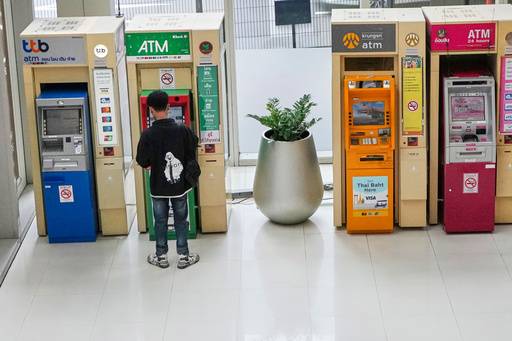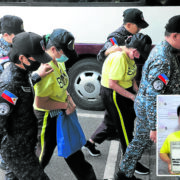Thai central bank caps transfers at $1,500 daily

BANGKOK—Banks in Thailand are now required to set a daily limit of 50,000 baht ($1,537) on many online transfers to lessen financial fraud, particularly those involving customers judged vulnerable such as children and the elderly, the country’s central bank announced.
The rule announced by the Bank of Thailand on Tuesday is meant to help combat the huge criminal industry of online scams, which makes billions of dollar annually and is especially active in Southeast Asia. The problem is worldwide, and in many countries there is increasing pressure on banks to play a more active role in safeguarding the assets of customers targeted by scammers.
Risk profile
The new measure aims to curb financial fraud by preventing criminals from receiving and transferring a large amount of money at one time, and enabling timely freezing of illicit funds in order to increase the chances that victims will be able to recover at least some of their money, according to Daranee Saeju, the bank’s assistant governor for payment systems policy and financial consumer protection.
The daily transfer limit will be applied to transfers in three different tiers: under 50,000 baht ($1,537), under 200,000 baht ($6,147) and above 200,000 baht ($6,147), depending on each customer’s risk profile and the banks’ assessment under know-your-customer, or KYC, rules.
Safeguards
Customers with established records of responsibility can continue transferring at their usual levels.
This measure will be implemented for new mobile banking and internet banking customers by the end of this month and for existing customers by the end of this year.
Thailand has around 12 million mobile banking users, according to a report on Wednesday in the Bangkok Post newspaper. It said previous central bank safeguards capped mobile banking transfers at 50,000 baht ($1,537) per transaction—with facial recognition required—and 200,000 baht ($6,147) per day in total.

















